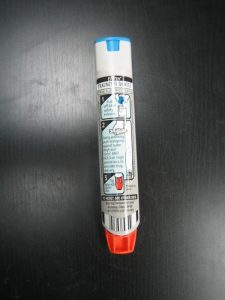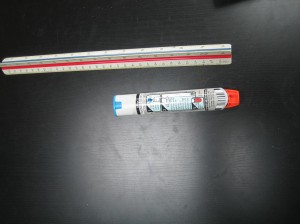Peanut allergy is a common condition in children, which occurs as a response by the immune system due to consumption of peanuts. Signs and symptoms of peanut allergy may range from mild to severe such as from a minor irritation to anaphylaxis, which is a life-threatening allergic response. Some people with peanut allergy may develop symptoms with only a mild exposure to peanuts.
See your doctor if your child is showing undesirable signs after eating peanuts. Peanut allergy is one of the most frequently occurring food allergies that result in severe attacks.
Even if you or your child experiences a minor reaction to peanuts, you must see a doctor as soon as possible. Avoid exposure to peanuts if you experience
Signs and symptoms
If you experience any signs and symptoms of peanut allergy, it is very important that you seek medical attention, as what might seem to be a mild response now, may recur in a more severe form later.
The following are signs and symptoms of peanut allergy:
- Hives
- Rash
- Itchy skin
- Facial swelling – swollen lips, face or tongue
- Wheezing
Anaphylaxis
Anaphylaxis is a life-threatening reaction which results in the narrowing of the airways and breathing difficulty. Anaphylaxis requires emergency treatment with an epinephrine injector followed by a trip to the emergency room.
Signs and symptoms of anaphylaxis include:
- Constriction of airways
- Rapid pulse
- Swelling of the throat
- Breathing difficulty
- Shock – drop in blood pressure
- Dizziness or lightheadedness followed by unconsciousness
When too seek medical attention
Seek emergency medical help if you or someone else is suffering from anaphylaxis. If you are having milder symptoms after taking penicillin, see your doctor. Seeing your doctor during the allergic reaction may help the doctor make a diagnosis.
Treatment
The only way to avoid an allergic reaction is to stop consuming peanuts and products containing peanuts altogether. However, peanuts are used in many food items and you may come in contact with them, despite your efforts to avoid them.

In case of minor allergic reactions, you may use prescription or over-the-counter antihistamines to reduce symptoms. These drugs may also relieve skin discomfort such as itching and hives. However, antihistamines may not treat a severe allergic reaction.
For a severe allergic reaction, you may have to administer emergency epinephrine and make a trip to the hospital emergency room. It is important that you carry an epinephrine auto-injector so that you can promptly treat your an allergic reaction during unexpected times. An epinephrine auto-injector is combined with a syringe which you have to press against your thigh to inject the medication contained inside.
Related Articles
Related Video
http://www.youtube.com/watch?v=AxU-wm-Cfoc
